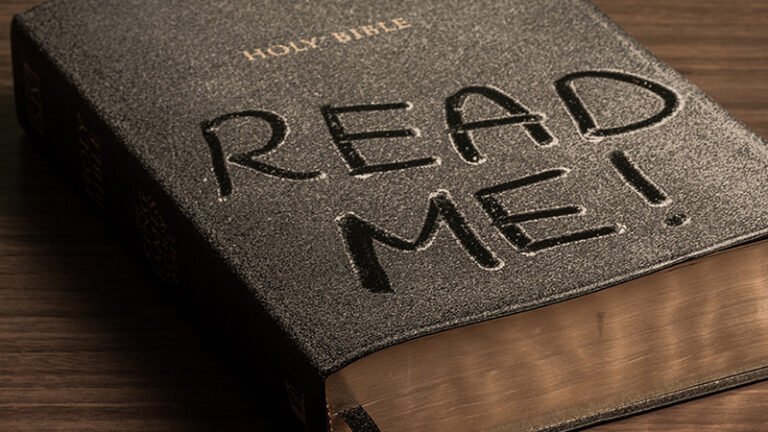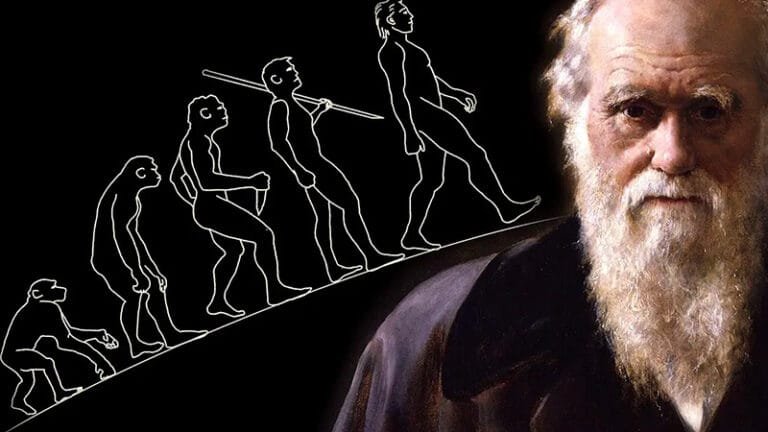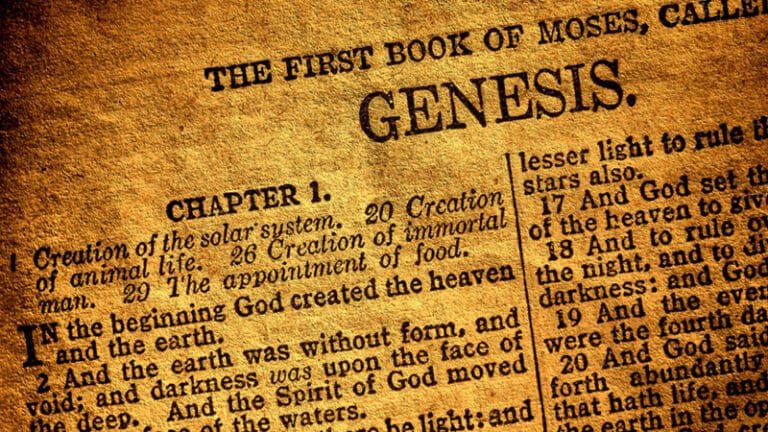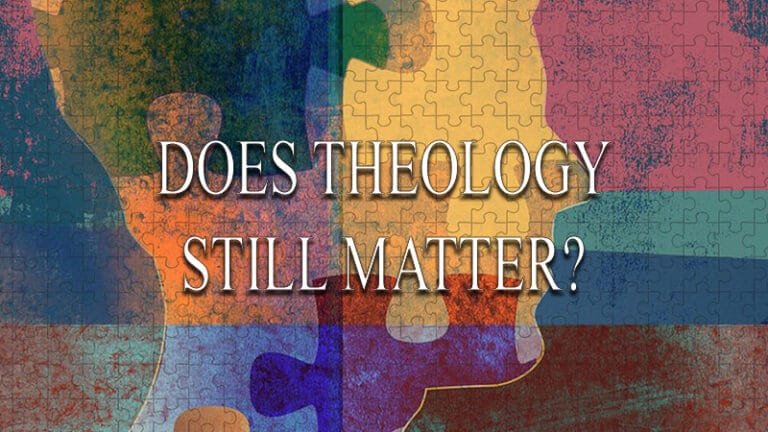What is Faith?

Many people today seem to think that faith is believing in something without evidence. That is, they try to distinguish between faith and scientific knowledge, which they believe to be based solely on fully provable assumptions. In truth, this shows an appalling lack of knowledge both about faith and about epistemology – how we know what we know. All knowledge is based on probabilities, and faith is no different.
There have been numerous studies about epistemology. Two of the most relevant to understanding faith are Thomas Bayes’ theorem of probability and Kurt Godel’s incompleteness theorems. Rev. Thomas Bayes was an English mathematician whose work on probabilities was published posthumously by the Royal Society in the eighteenth century. Bayes argued that there can be no complete knowledge of any subject and that all people make decisions based on probabilities of whether something is true. He developed a mathematical theorem that uses a sliding scale of probability to predict answers, which scientists have successfully applied to predicting population growth, health in aging populations, and similar topics.
For most people, however, the applicability of Bayes’ views is more practical. None of us make decisions daily based on 100 percent proof, which can never exist. Our brains are always calculating probabilities of whether to believe or trust something. For example, we trust our pharmacy, not because we have tested the pills they give us, but because we trust our pharmacists, who have repeatedly proven themselves reliable. We trust our teachers, our coworkers, our businesses, our local officials, and our spouses for similar reasons. The problems come when the probabilities shift, when the behavior of those around us or the facts that we encounter make it much less likely that something is true or that someone is reliable.
Kurt Godel was a German mathematician and friend of Albert Einstein who immigrated to the U.S. in the 1930s to escape Nazi persecution against Jews. Godel’s incompleteness theorems explain that all mathematical theorems and logical syllogisms contain at least one assumption or rely on facts outside of the formula, in essence that there are always gaps in our knowledge. For example, in the syllogism, “all people are living things, all living things die, therefore, all people die,” we must make an assumption that all living things die since it is impossible to know the history of every living thing that ever lived. People make similar assumptions all the time. Ultimately, this was the reason that Godel became a theist and worked to mathematically demonstrate that a perfect being must exist outside of the physical world, for only such a being accounts for our knowledge.
Faith operates in a similar manner. The Greek word for faith used in the New Testament is pistis, which literally means “to be persuaded.” In other words, faith is not about believing in something without evidence. It is about being persuaded of something because of evidence. Why do we have faith in our friends? Because they have repeatedly demonstrated that they can be trusted. Why do be have faith in God? For the same reason. This is precisely the meaning of the definition of faith found in Hebrews 11:1: “Faith is confidence in what we hope for and assurance about what we do not see.” God has repeatedly demonstrated Himself as reliable, which is why we have confidence in what we hope for and assurance in something we cannot see. He has persuaded us.
In other words, faith like everything in life is based on probabilistic evidence, not the lack thereof. People don’t believe things based on 100 percent proof but based on faith. This is as true of atheists as Christians. The difference is that they place their faith in atheistic scientists and not in believers. The real question, then, is not whether unbelievers have faith, since everyone has faith, but what do you place your faith in?






